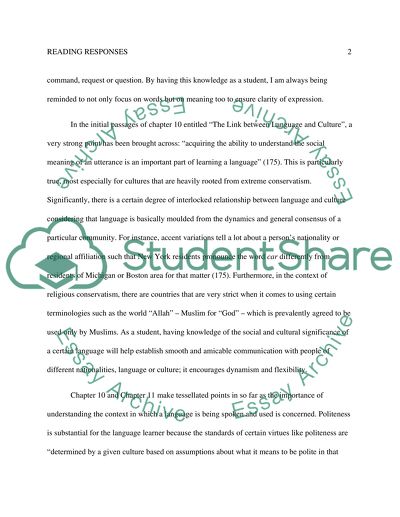Cite this document
(“Reading response Essay Example | Topics and Well Written Essays - 750 words - 1”, n.d.)
Retrieved from https://studentshare.org/english/1488208-reading-response
Retrieved from https://studentshare.org/english/1488208-reading-response
(Reading Response Essay Example | Topics and Well Written Essays - 750 Words - 1)
https://studentshare.org/english/1488208-reading-response.
https://studentshare.org/english/1488208-reading-response.
“Reading Response Essay Example | Topics and Well Written Essays - 750 Words - 1”, n.d. https://studentshare.org/english/1488208-reading-response.


